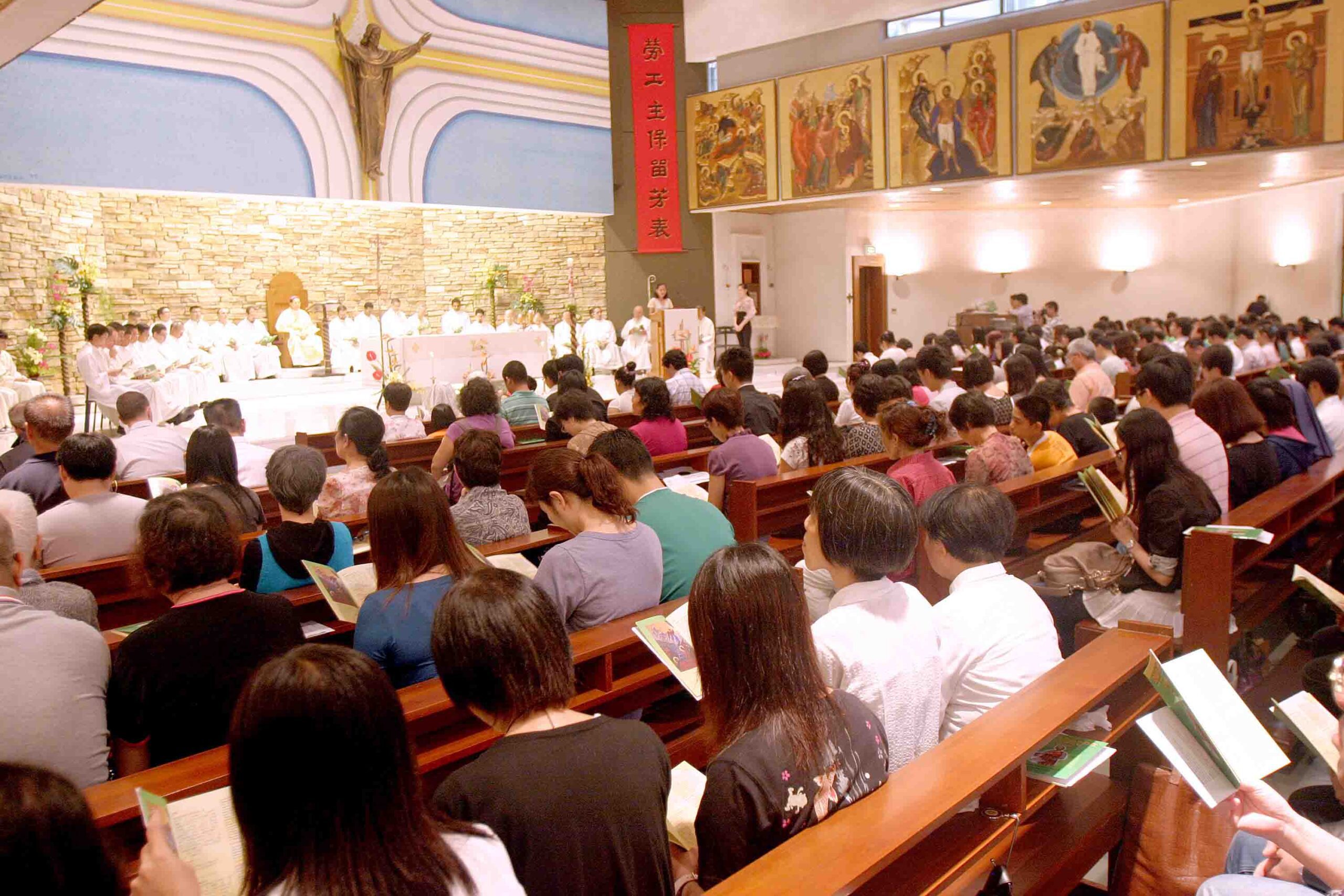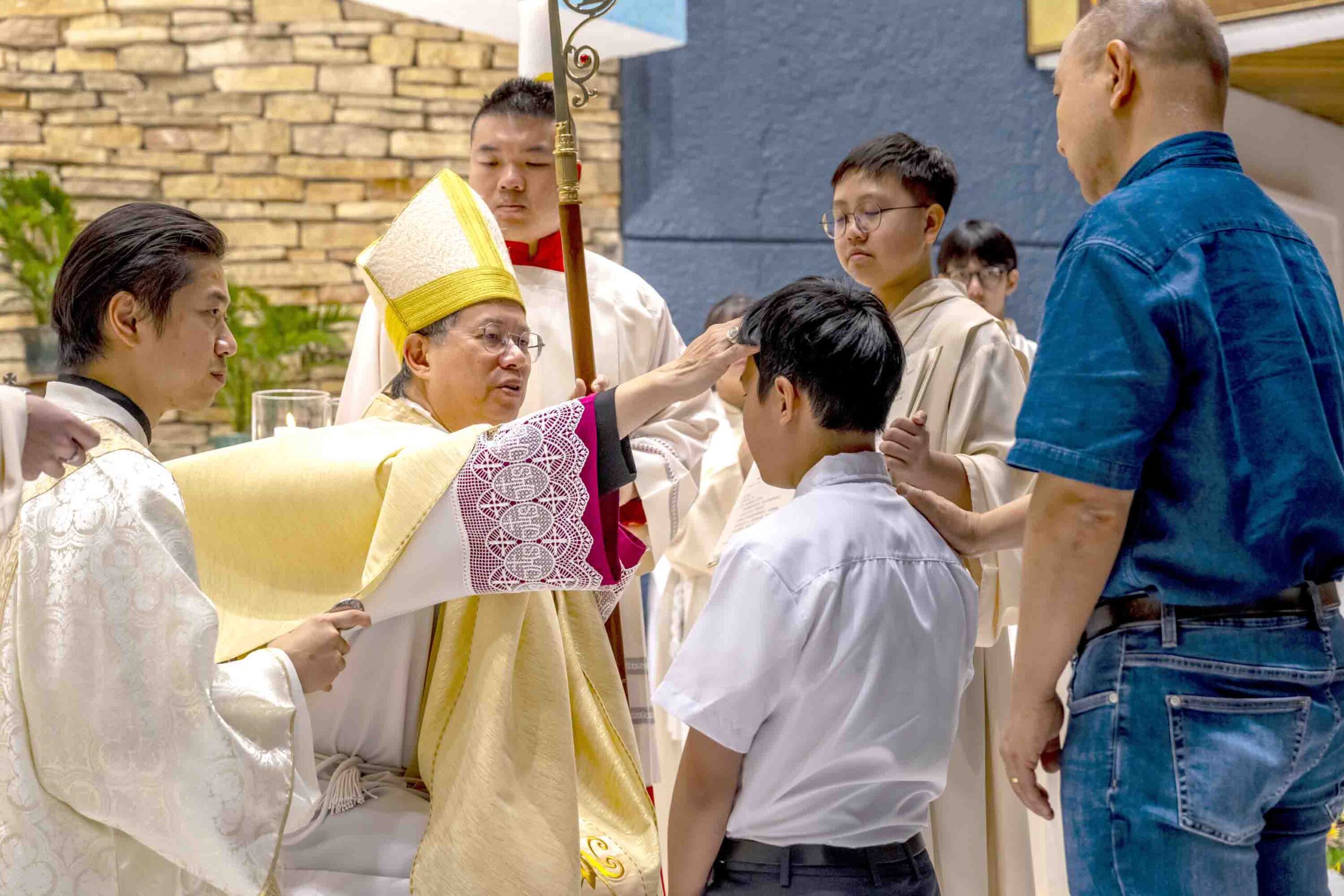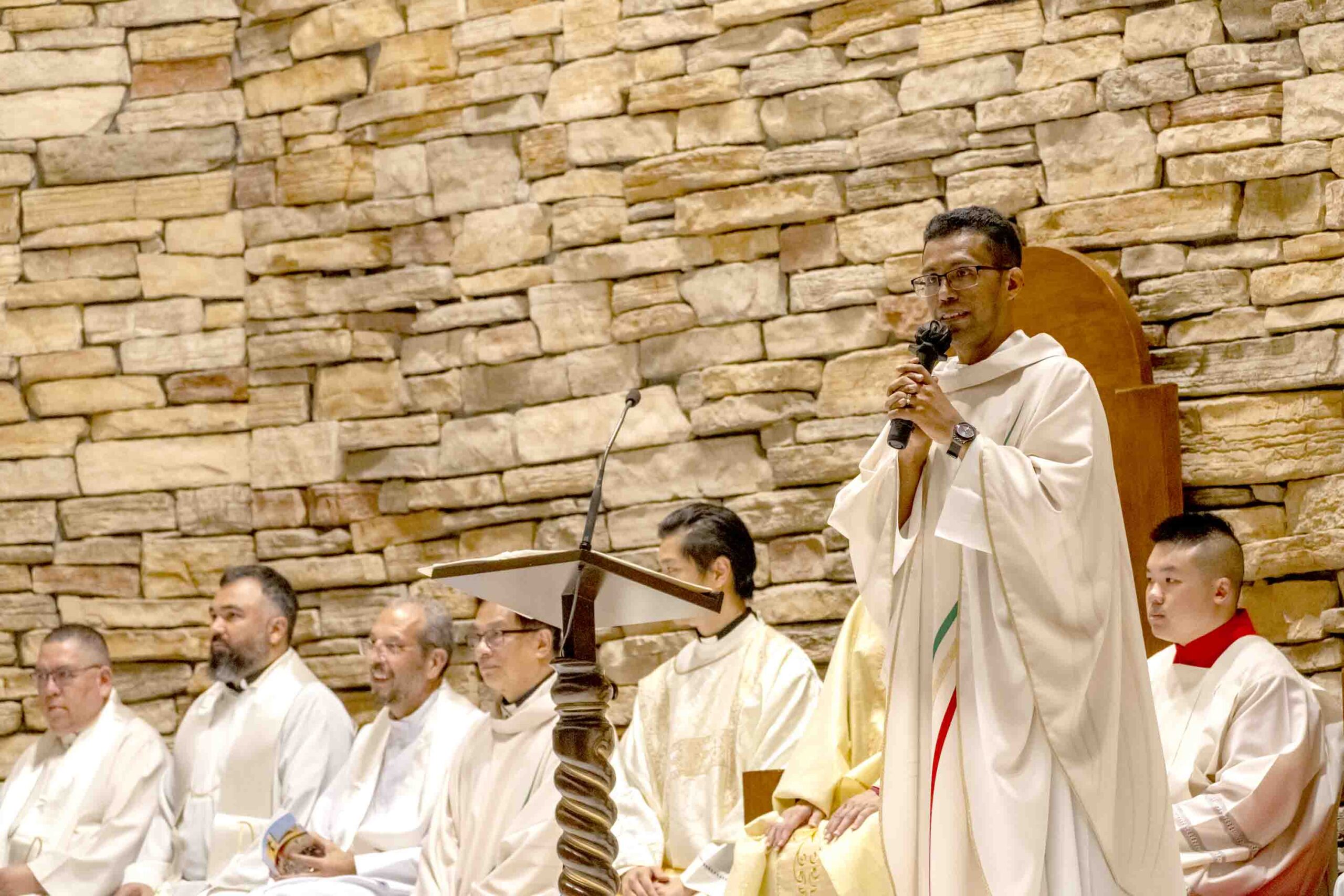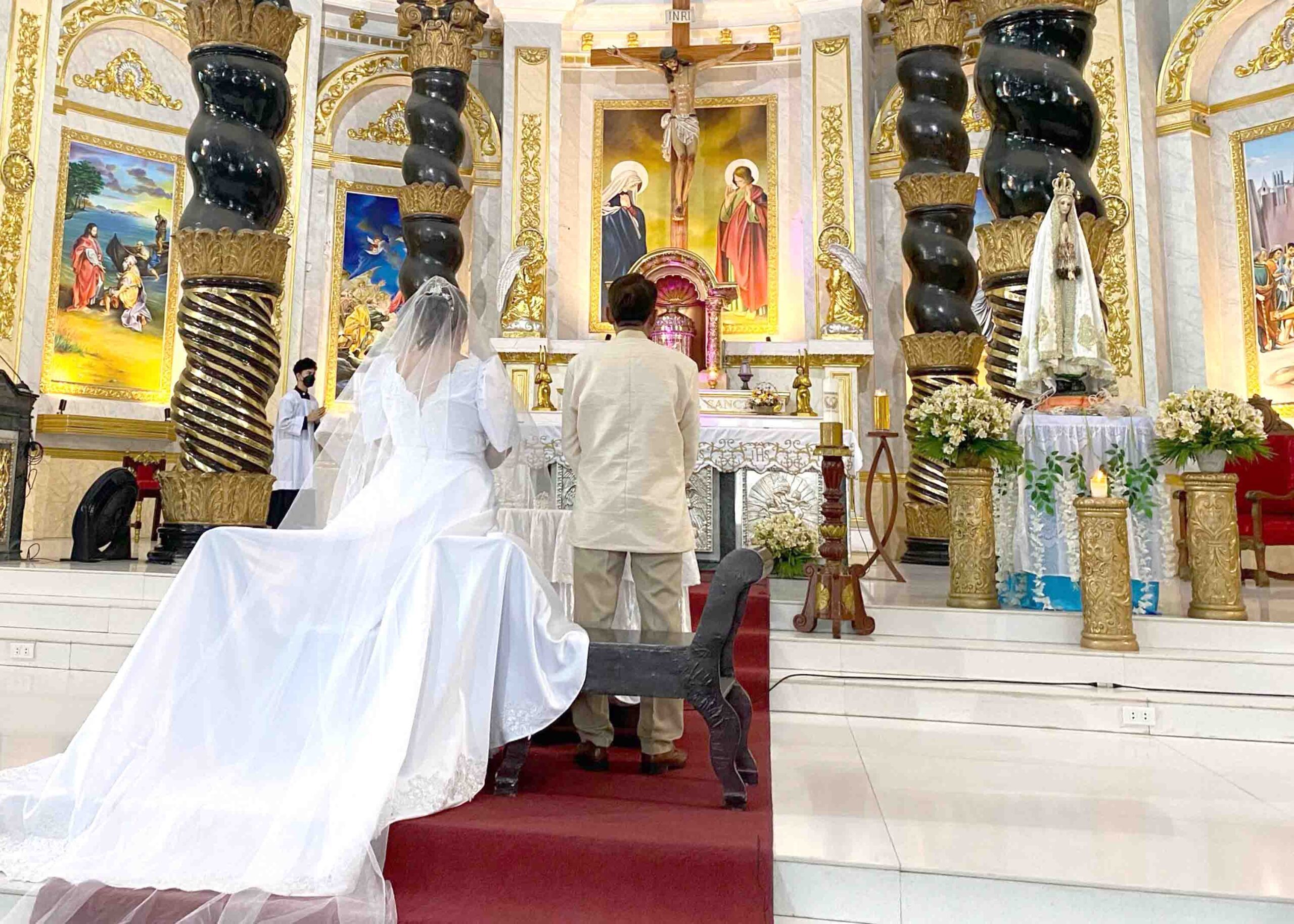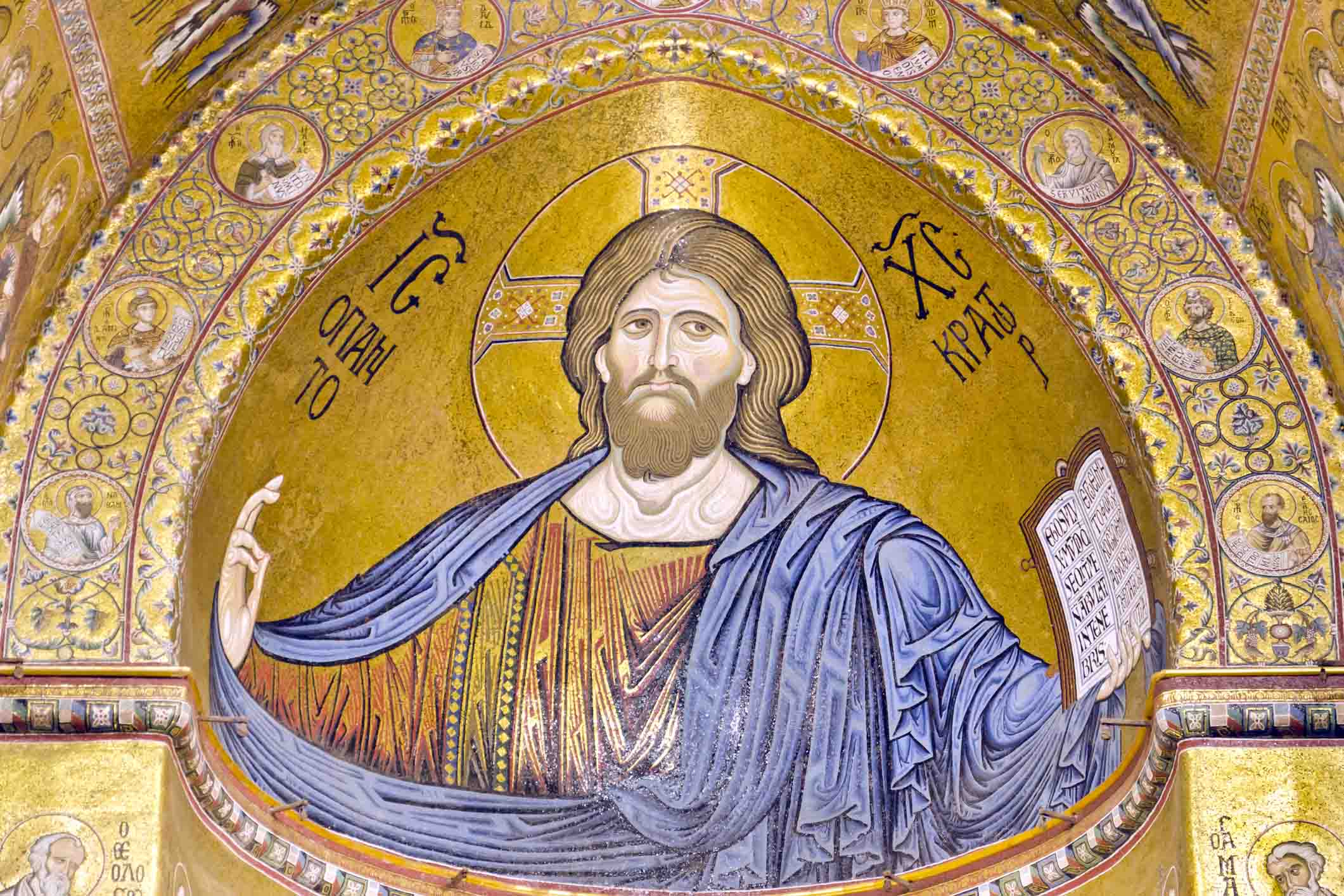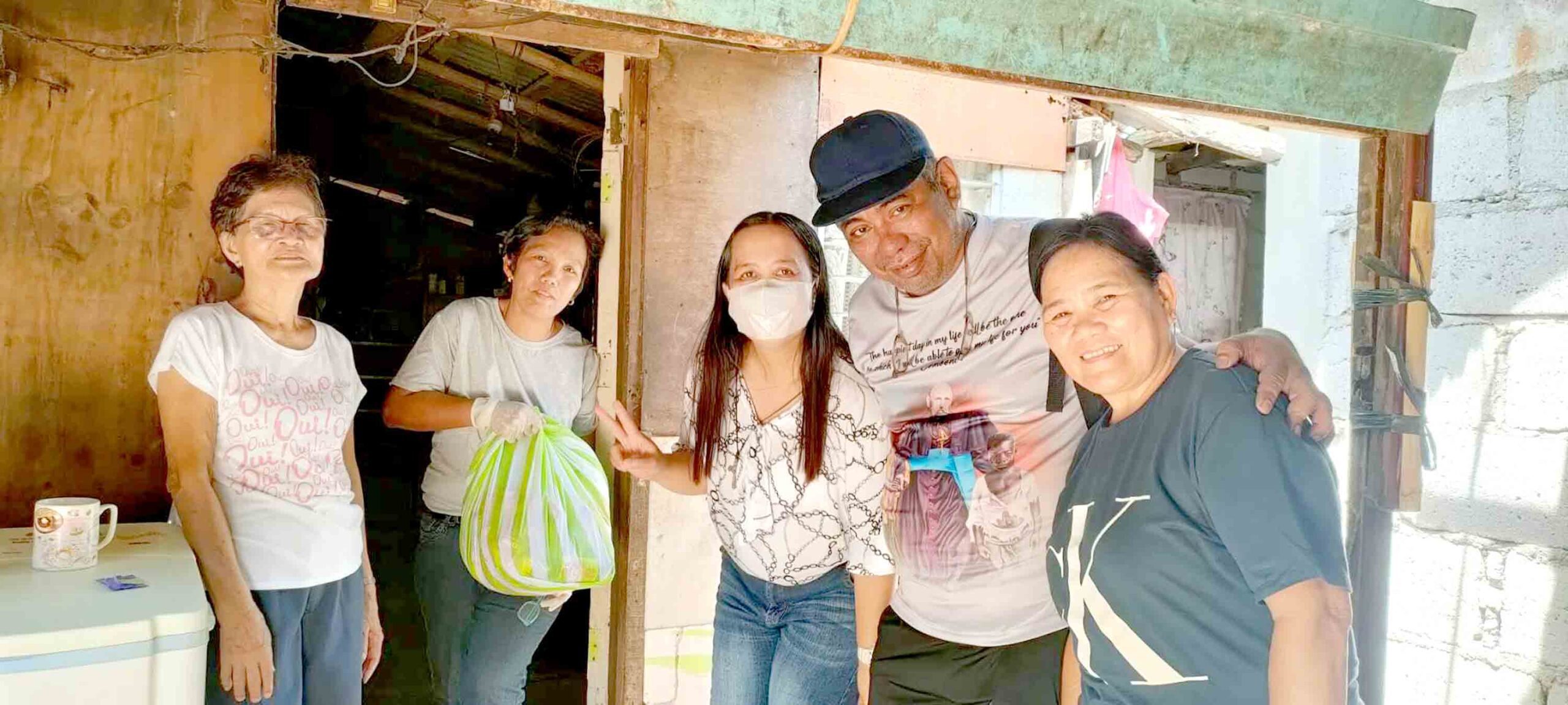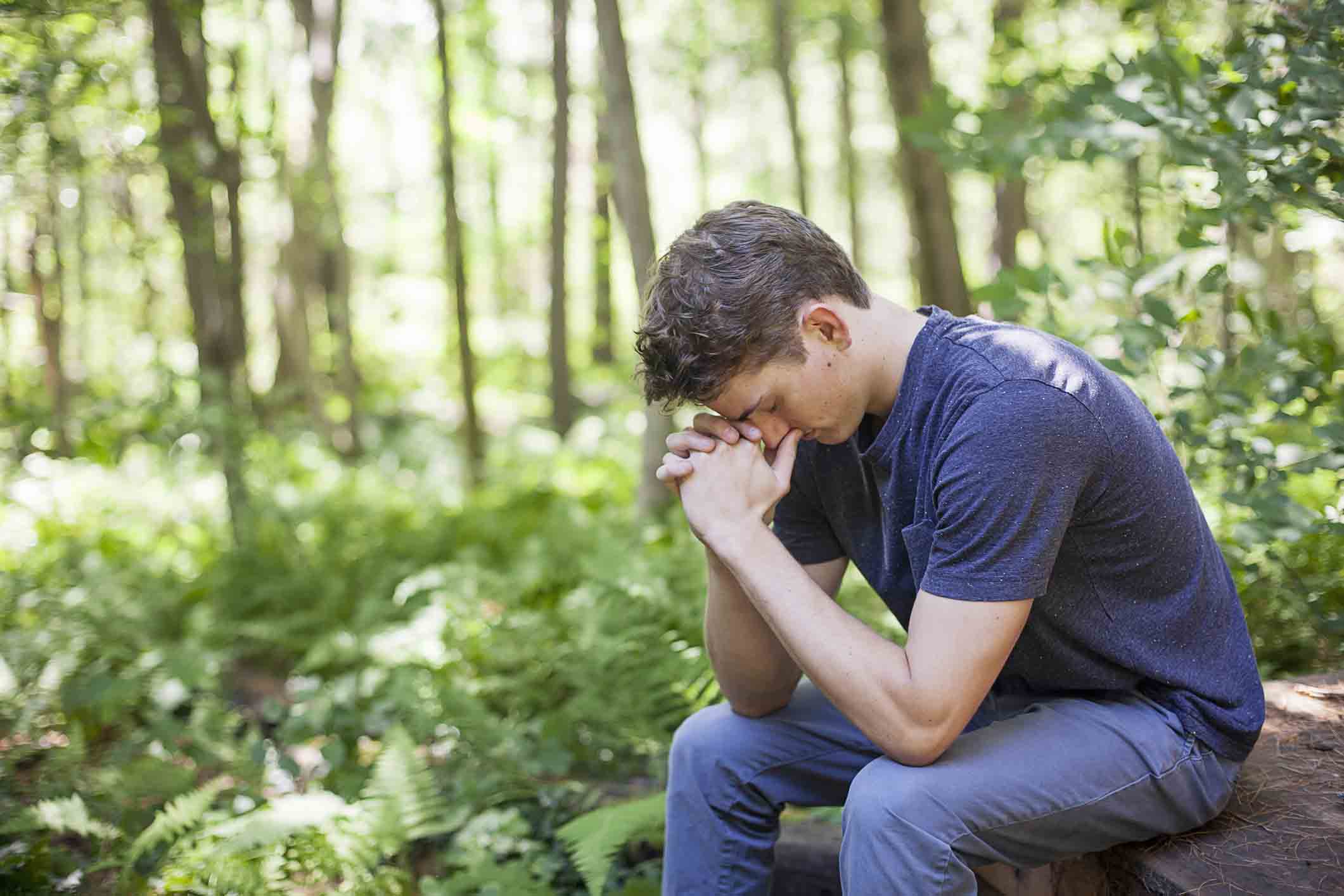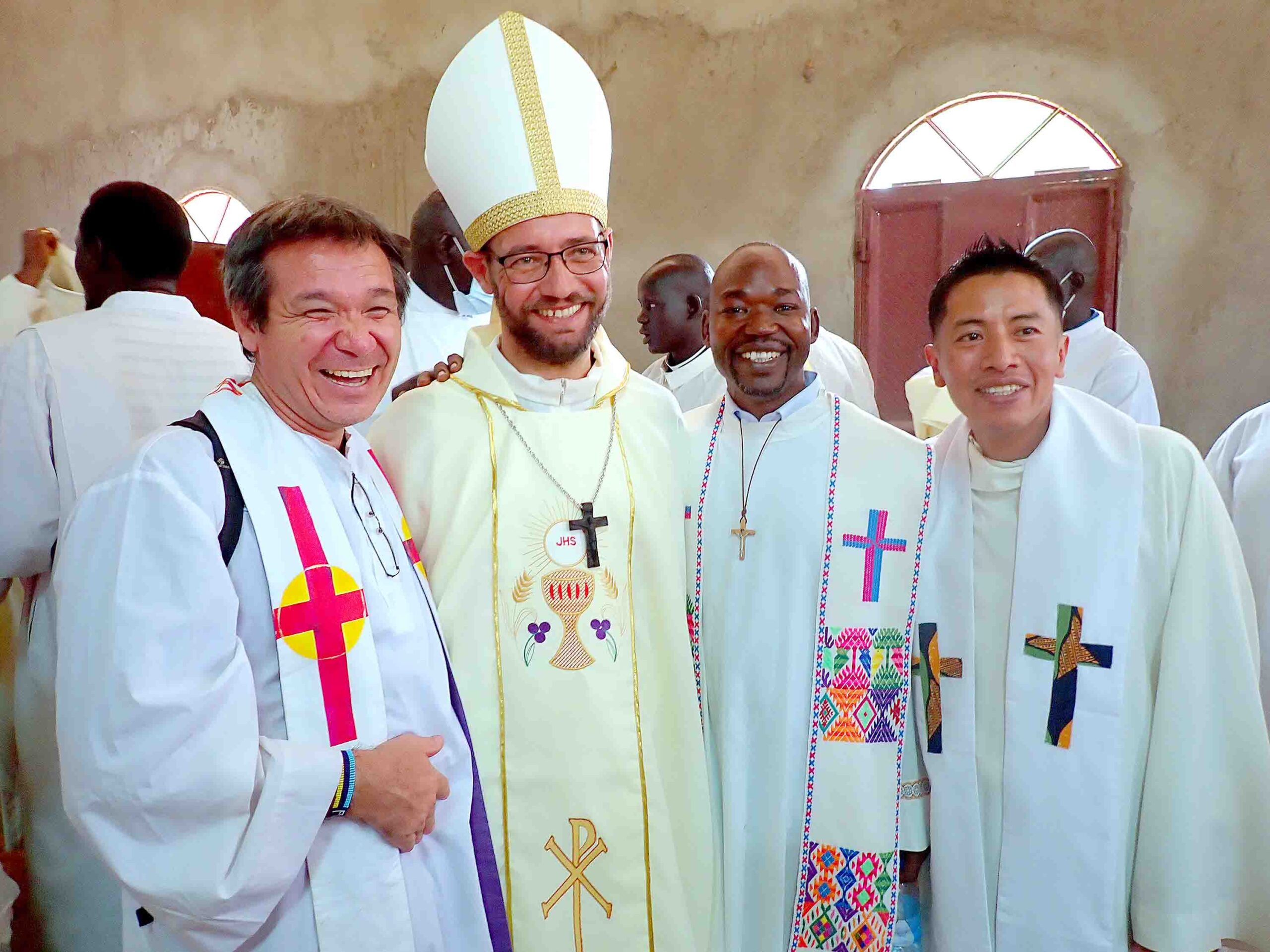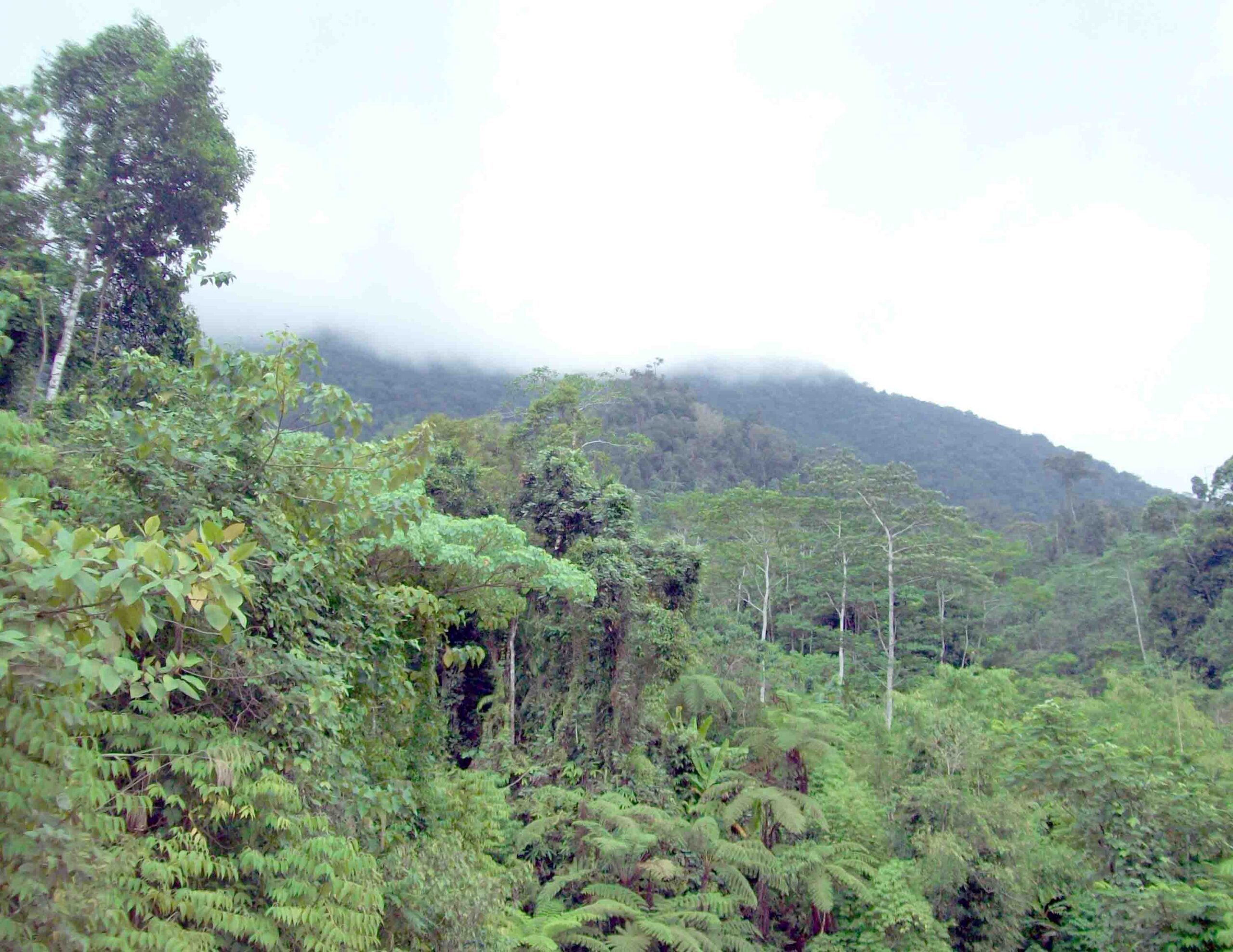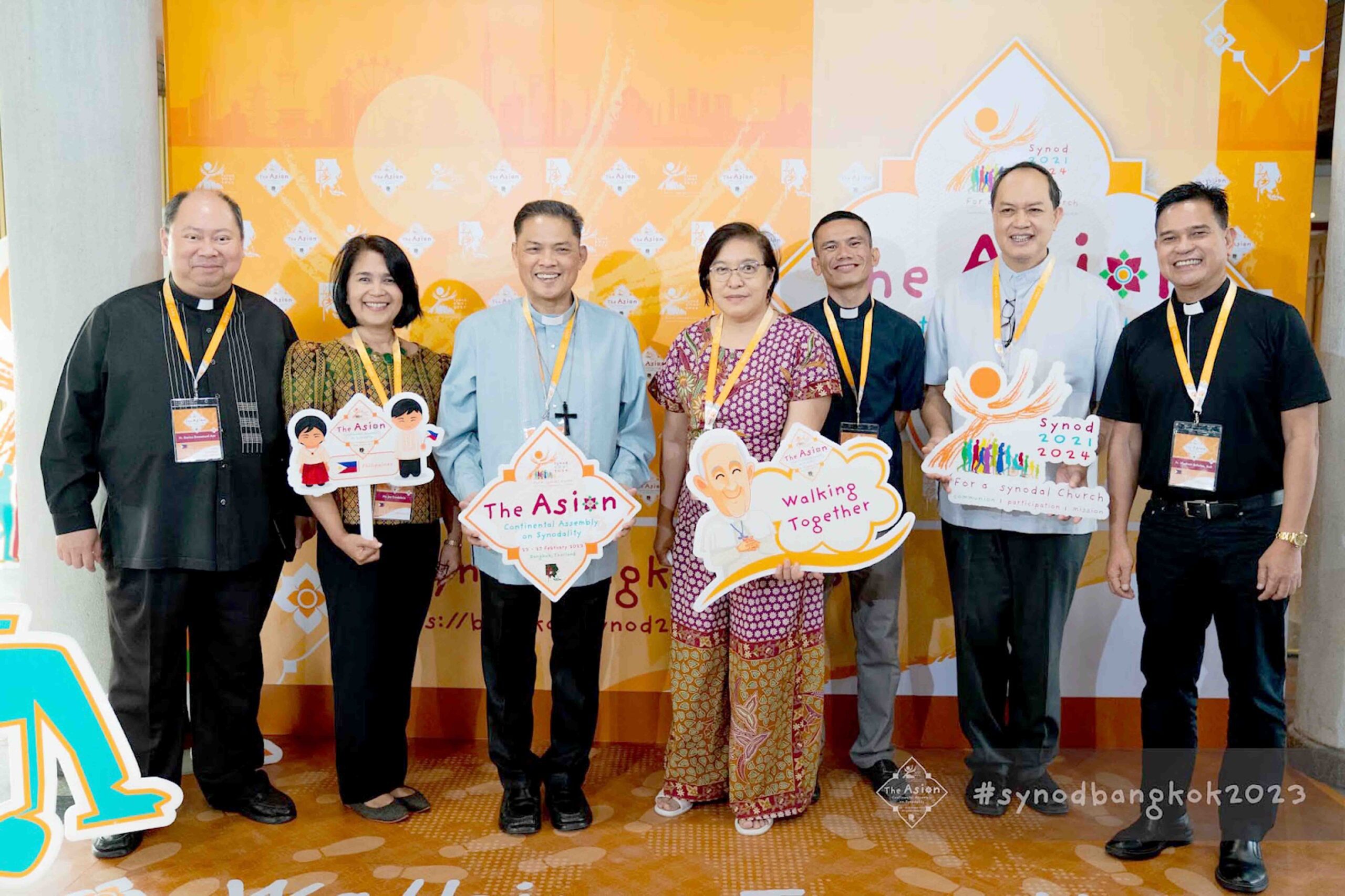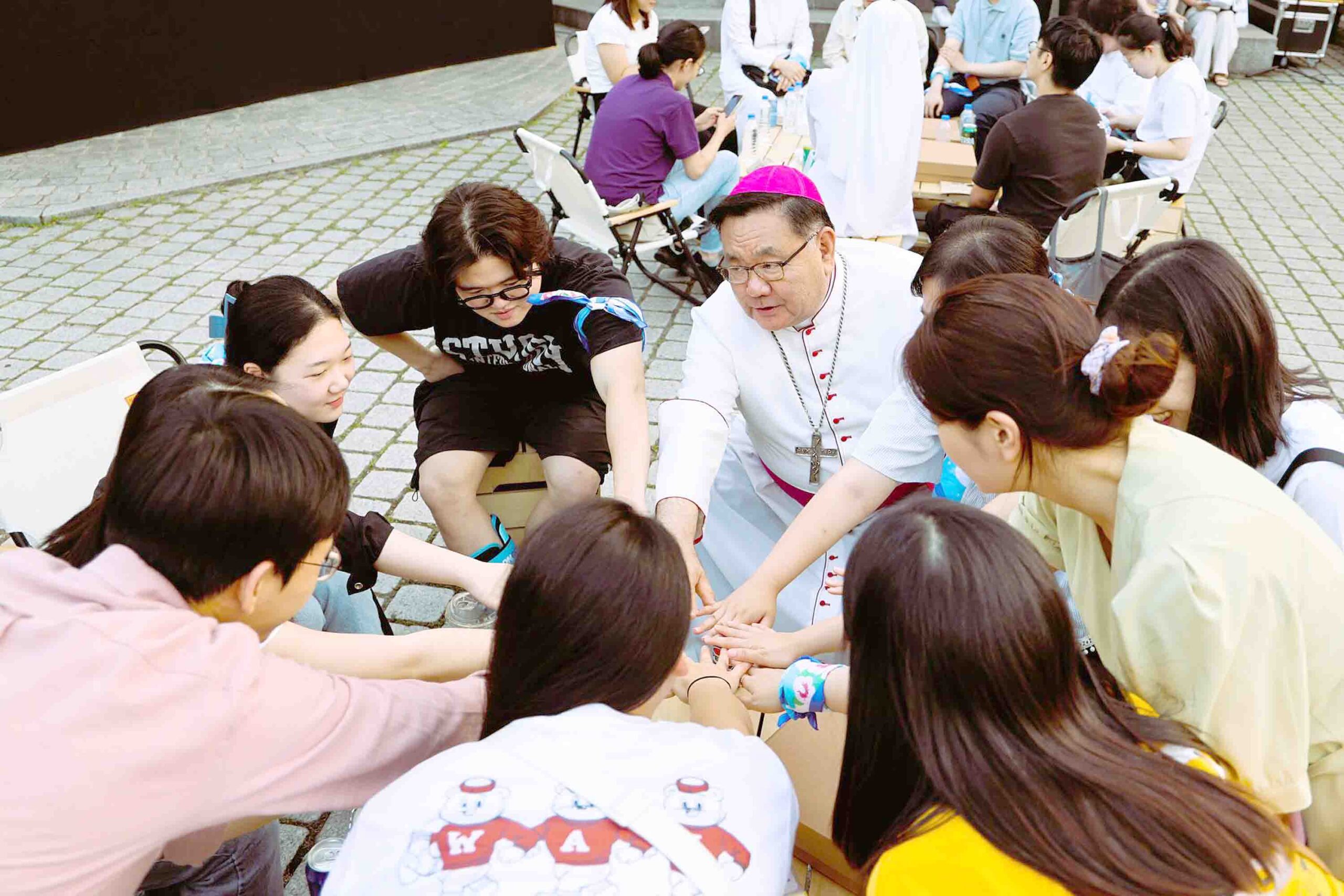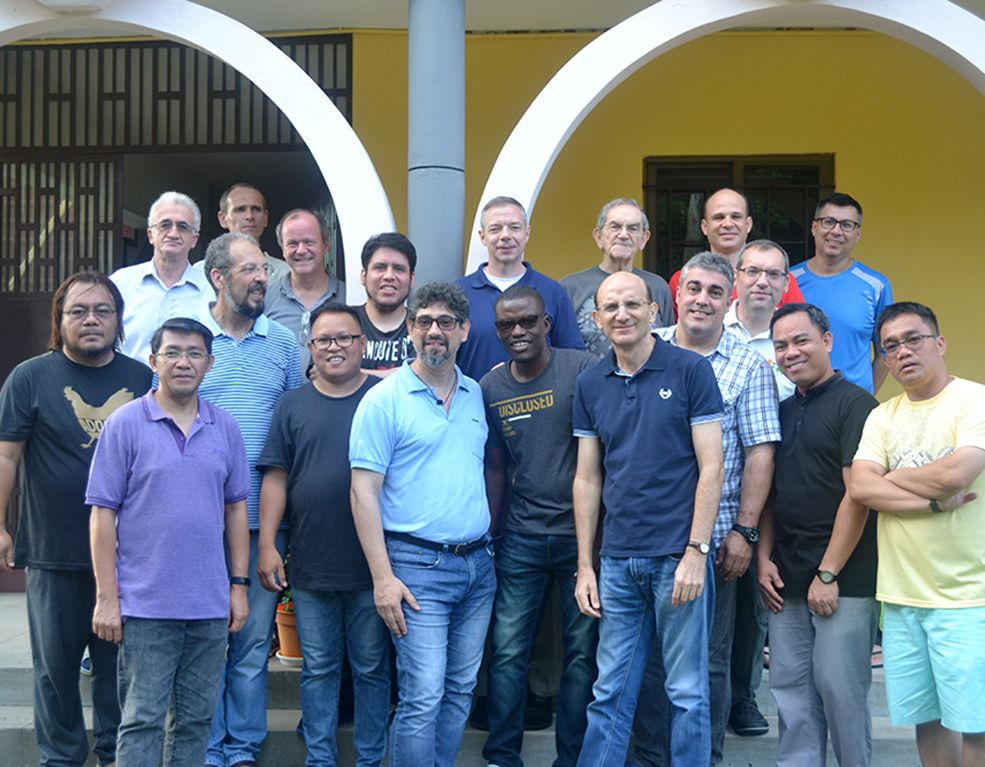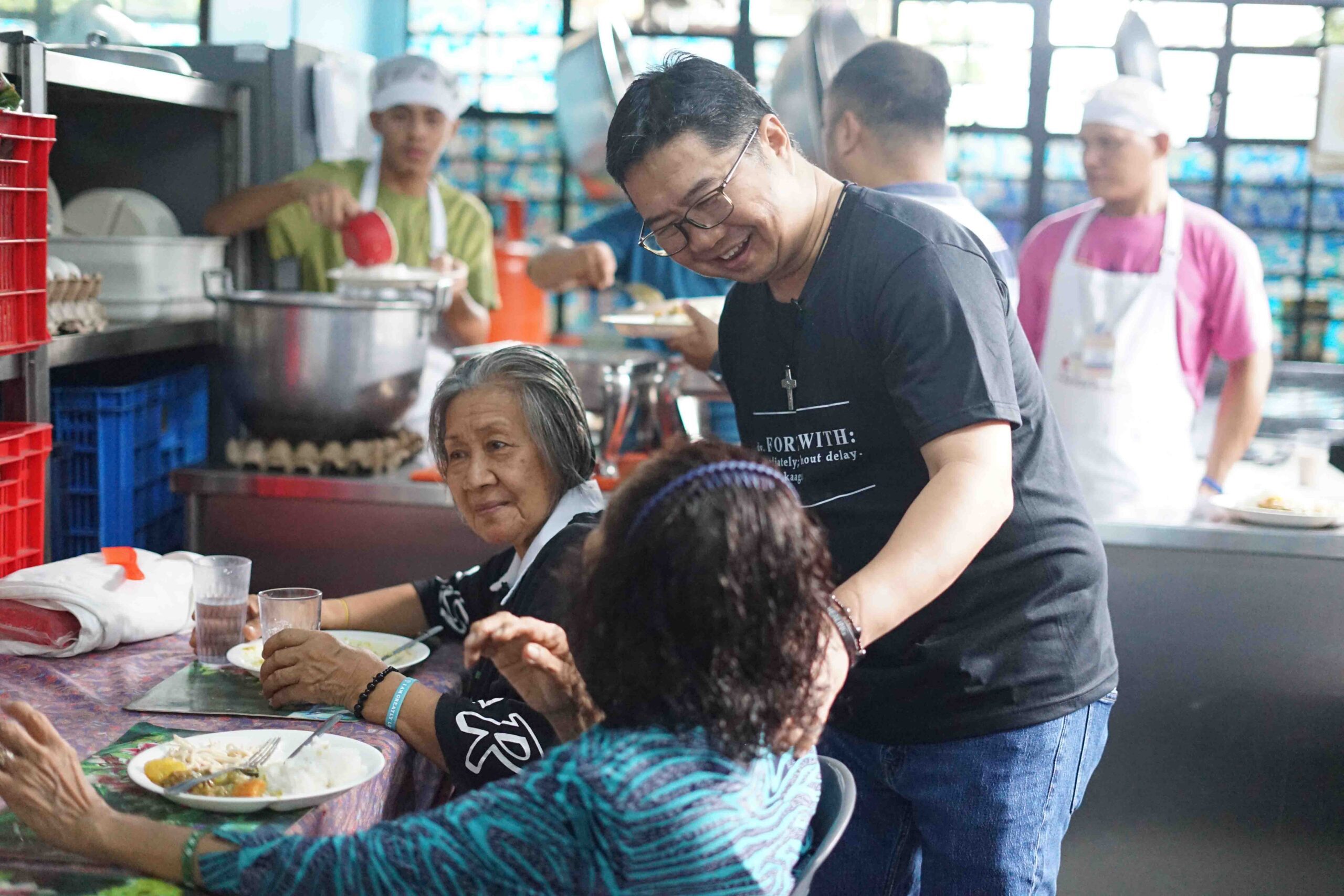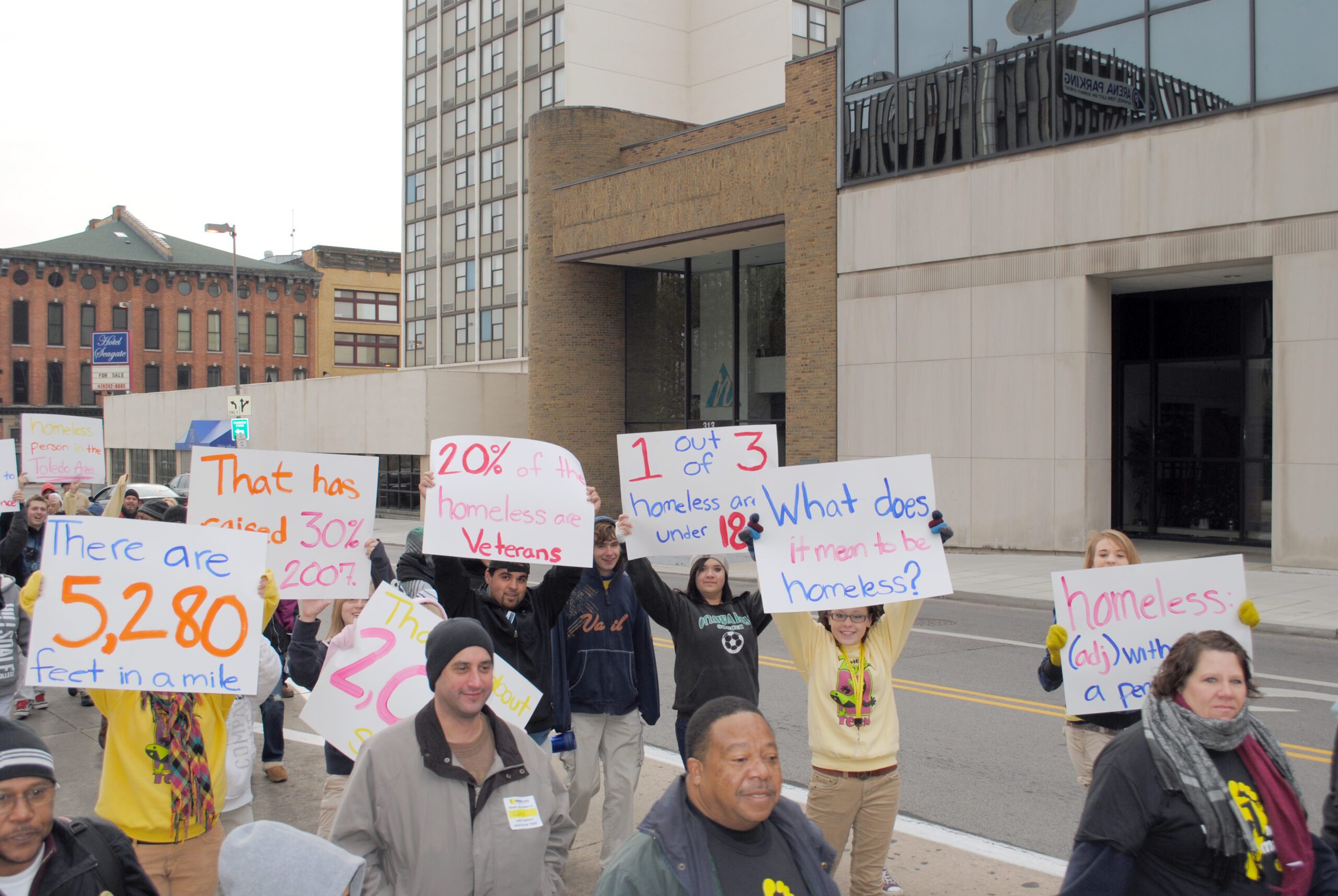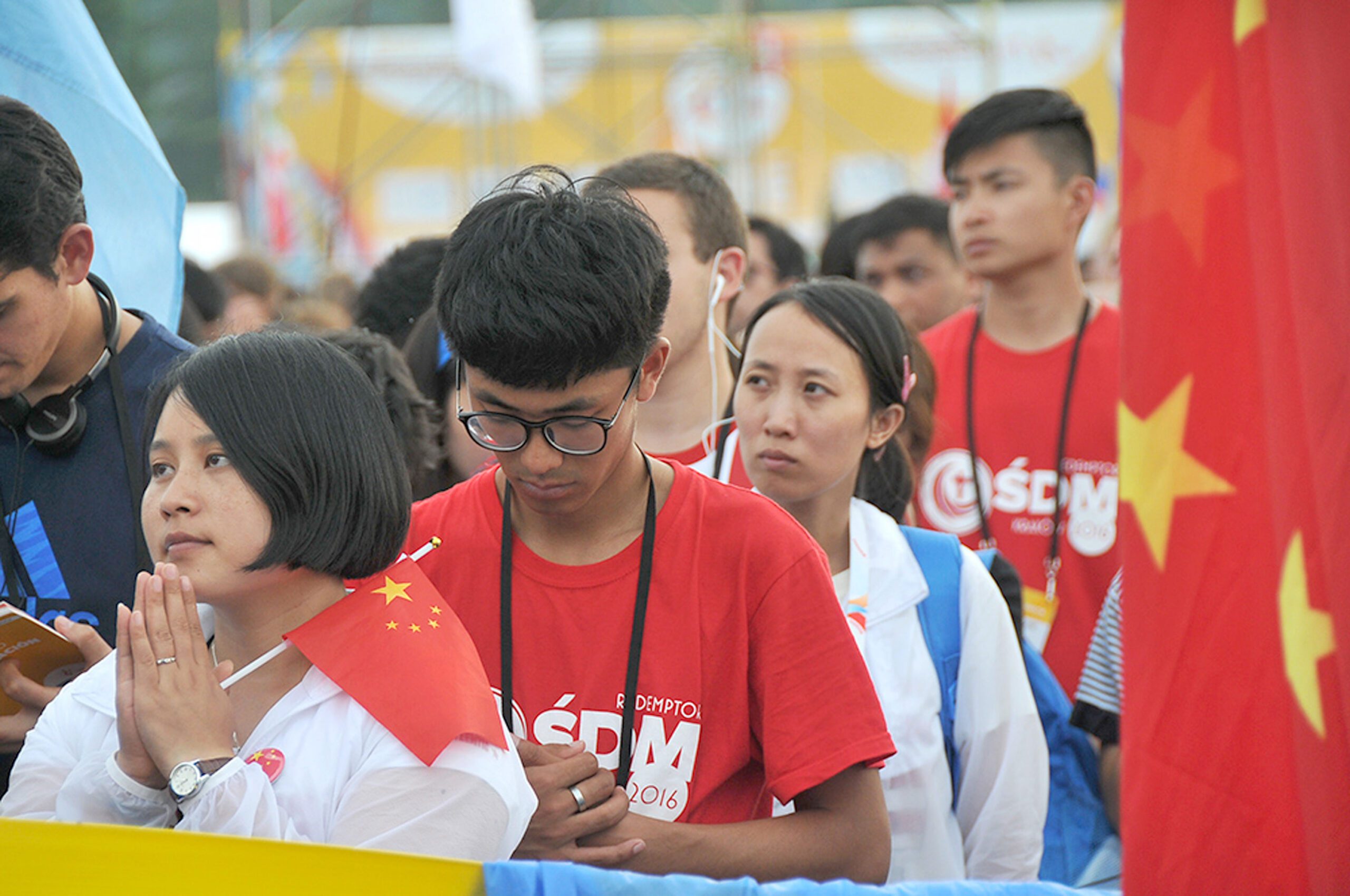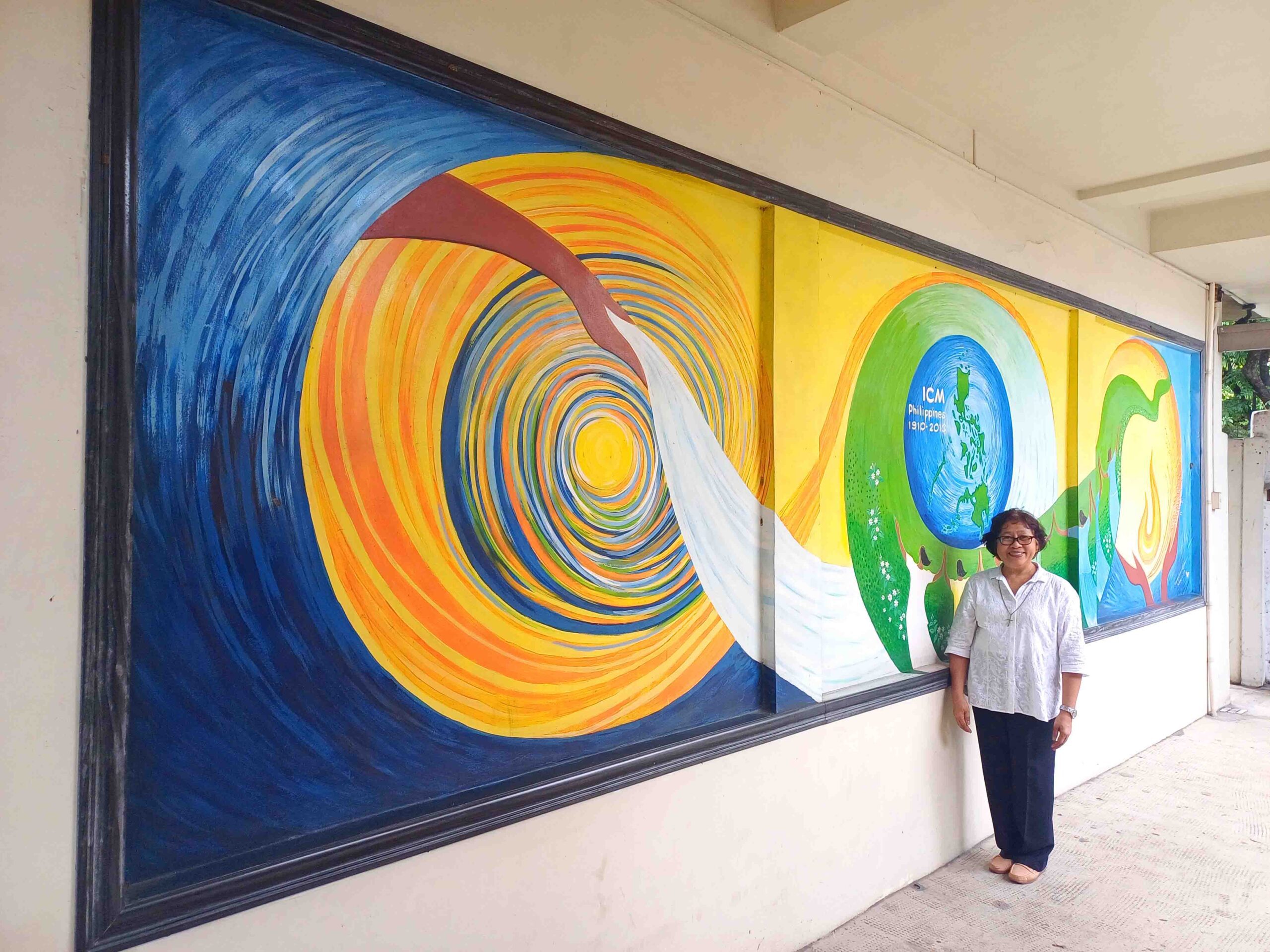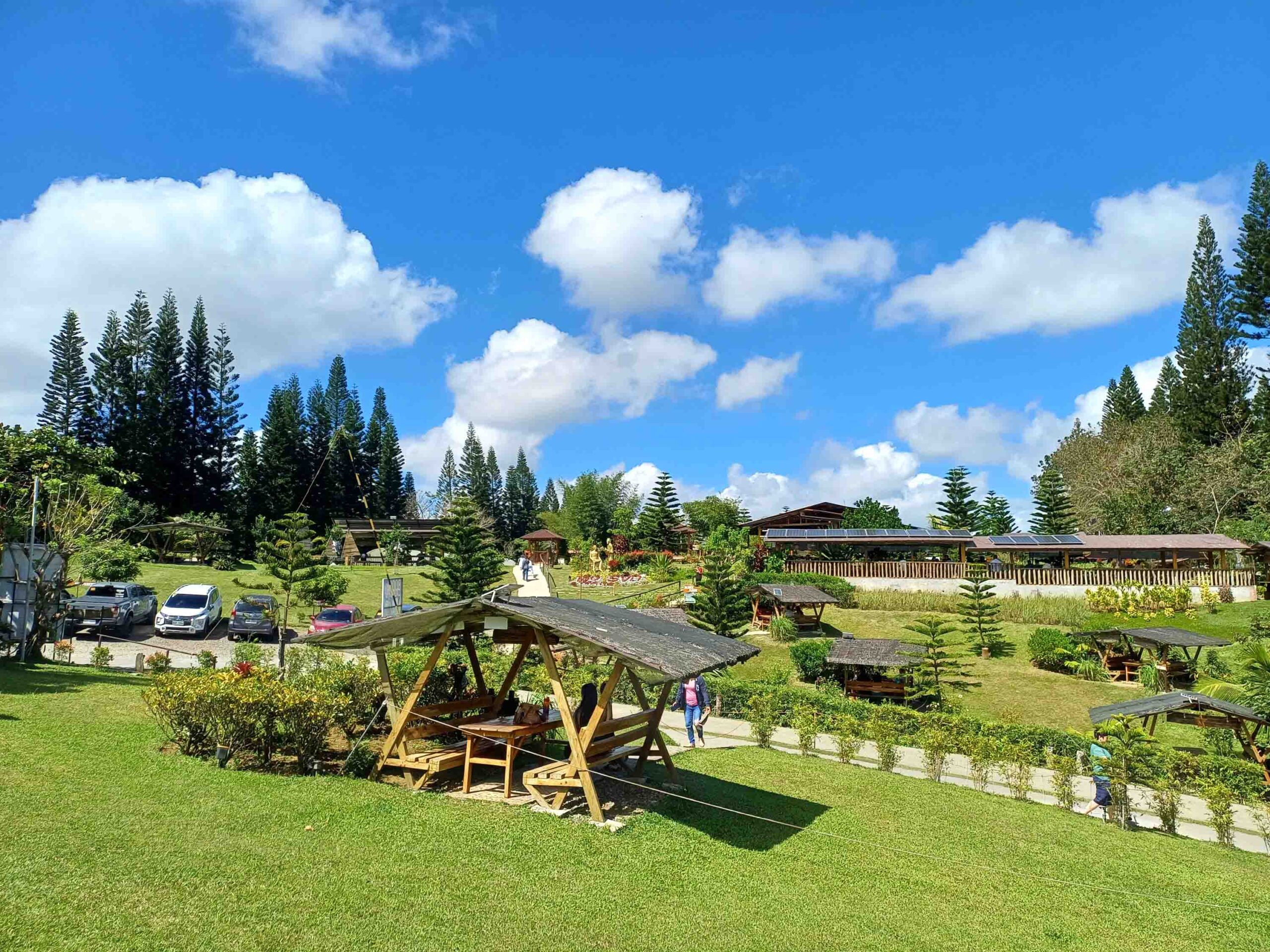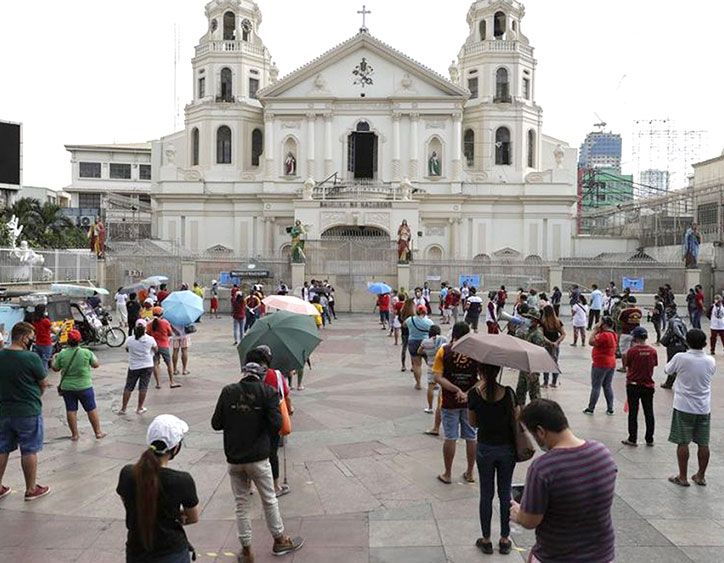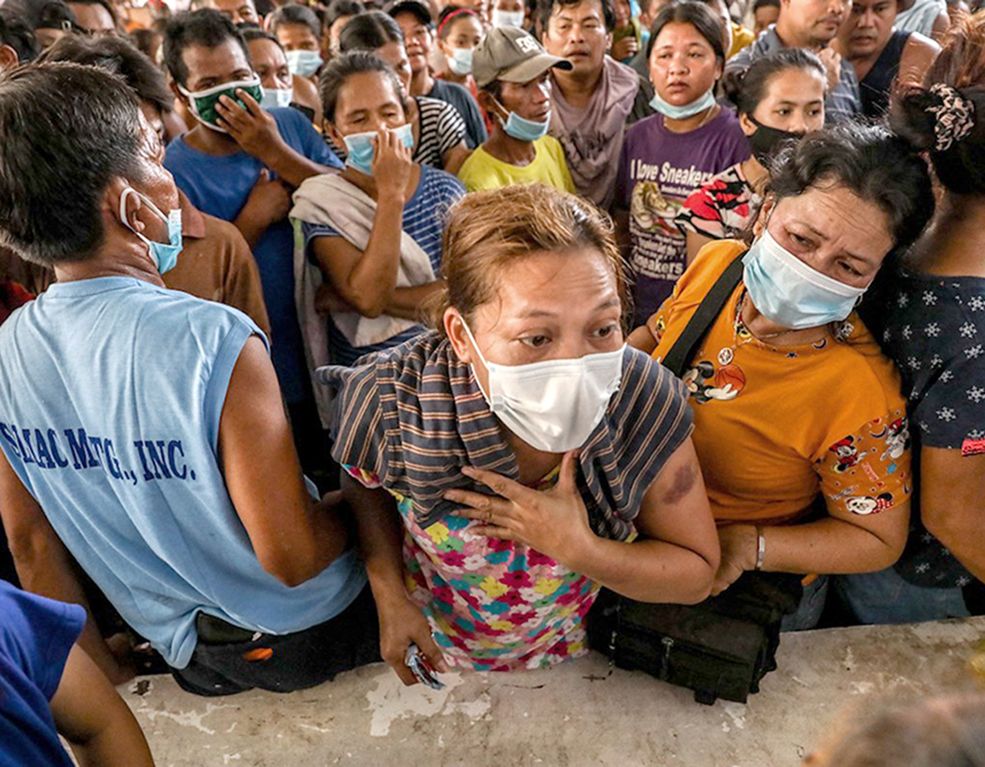November 2020. Typhoon Ulysses struck the Philippines. Torrential rains prompted the Marikina River to overflow, and flash floods swallowed the City of Marikina, the shoe capital of the country prone to flooding.
Houses sank in the water. The authorities and volunteers needed time to evacuate hundreds of residents to safety. Some residents climbed to the rooftops while waiting for rescue or for the typhoon and flood to subside.
One of the typhoon survivors seeking refuge atop the roof was a male resident of the Josefheim Foundation home for the aged, who has hearing loss and is mute.
The first floor of the two-story house they were renting in Marikina was submerged in water. The other occupants of the home for the aged were evacuated while he waited on the rooftop for his turn to be rescued. Twenty people in Marikina had been reported to have died. Five residents of the home for the aged and two staff members nearly drowned in the flood.
Trapped on the wet and chilling roof, people saw the old man with hearing loss and unable to speak on television and videos posted on social media. The foundation’s residents were evacuated to a state-owned school in Marikina, said Fr. Uldarico ‘Dari’ Dioquino, the priest in charge of the home for the aged.
In the following days, after the typhoon and flood had subsided, the foundation started to receive monetary support from generous individuals, families, and groups. The donations amounted to P6 million.
Dioquino was serving as an assistant priest at Immaculate Conception parish church in Marikina at the time. “We rented a house in Marikina for about five years before we moved to our own home in Pilillia,” he said. “One generous person gave us one hectare of land for free.”
The foundation built the home for the aged on that land. “The donor also allowed us to use two hectares for growing vegetables and fruits,” Dioquino said. “The produce is for our consumption. We can also sell some to generate income for the needs of our residents.”
Currently, the foundation has 21 senior and elderly residents: nine males and 12 females. “We still have with us our resident who climbed to the rooftop during the flood,” Dioquino said. “The financial support the foundation received after the flood was used in the construction of our own home in Pilillia.” Pilillia is a municipality in Rizal province, about 60 kilometers southeast of Manila, the country’s capital.
The home for aged residents is visited by groups, families, and individuals from different parts of the country. They bring ready-to-eat meals, gifts, and other necessities for seniors and the elderlies. Some come to celebrate their birthdays together with them.
A chapel was also built at the home for the aged. “There is much that can be done to the land that is lent to us for our use,” Dioquino said. The place could be transformed into an eco-tourism spot since the area is remote from urban areas, he added.
Some individuals and groups have proposals to develop the place, like setting up coffee shops, souvenir outlets, and recreation facilities. Dioquino is sincerely and deeply thankful to the generous man who donated a hectare of land and lent the foundation two hectares of land for their use.
Before establishing the Josefheim Foundation together with other volunteers, Dioquino also took care of neglected seniors and elderly people in Kanlungan ni Maria – Home for the Aged in Antipolo for 12 years.
KANLUNGAN NI MARIA
In 2002, Kanlungan ni Maria-Home for the Aged in Antipolo started to offer shelter to neglected seniors and elderly people. Antipolo is a component city and the capital of the province of Rizal, about 20 kilometers south of Manila. It is also the seat of the Antipolo Cathedral, the first international Marian Shrine in the Philippines as well as in Southeast Asia. The Diocese of Antipolo asked Dioquino to take charge of the nursing home. Dioquino accepted the responsibility and lived in Kanlungan ni Maria together with its senior and elderly residents. Kanlungan means “shelter” in Filipino.
Dioquino slept in a small room where the needs of the old occupants – boxes of milk and medicine, bags of diapers, and containers of other goods – were stored. His years in Kanlungan ni Maria showed him the generosity of people towards those in need, as there were many generous individuals.
“We did not go through a time where we needed to do fundraising work,” Dioquino said. “People’s generosity was overflowing.” At times, the home for the aged had to give away goods that were approaching their expiration date since the residents could not consume them all.
Kanlungan ni Maria also rented a house in Antipolo to provide a home for neglected seniors and elderlies. Dioquino’s good administration of the home for the aged encouraged charitable groups, families, and individuals to donate financial support for building a home for the old residents.
He was still the assistant priest at the Immaculate Conception parish in Marikina at the time. After years of renting a home, they moved to their own home in Antipolo in 2008. After several months, he turned over Kanlungan ni Maria to a congregation of nuns after 12 years as the priest-in-charge of the nursing home.
He and other volunteers next established another home for the aged – the Josefheim Foundation, which rented a house in Marikina to shelter neglected elderly people, and then built them their own home in Pilillia after five years.
SOCIAL ACTIONS
While Dioquino was in charge of Kanlungan ni Maria and at the same time an assistant priest at the Immaculate Conception parish in Marikina, he also reached out to other people in need. He and other volunteers opened a hotline for parishioners who needed help with fixing their clogged sinks, leaking faucets, waterlines, home appliance repairs, and other concerns.
The parish office served as a third-party between the plumbers, repairmen, and electricians and the clients. The skilled workers and technicians were accredited by the parish. It is a program that also sought to generate jobs for the parishioners, especially unemployed youth and retired people.
The program saw the unemployed youth as individuals vulnerable to drug addiction and crimes. In 2022, Dioquino, Kiwanis International, and Catholic charity groups Community of Sant’Egidio, and Josefheim Foundation launched a mobile unit to offer free haircuts, showers, food, and clothes to street people in Metro Manila.
“The goal was not only to give free haircuts, showers, food, and clothes, but also to provide them with shelter, rehabilitation, and livelihood,” Dioquino said.
When he was the assistant priest at the Immaculate Conception parish in Marikina, he solicited school supplies for elementary school pupils from the parishioners. The parishioners donated bags, notebooks, papers, ball pens, pencils, and erasers.
The school supplies were transported to Barcelona, a coastal town in the province of Sorsogon, about 600 kilometers south of Manila. Around 200 school children received the school supplies.
The town was named by the Spaniards during the colonial times after the Catalan City in the Iberian Peninsula: Barcelona. The town is also known for its well-preserved Baroque church of St. Joseph Parish, considered one of the most photographed churches in the province. Dioquino is from Sorsogon. His roots could be traced to the province’s coastal towns of Juban and Prieto Diaz.
PAIN-HEALING MISSION
When he was in charge of Kanlungan ni Maria, Dioquino became an advocate for magnesium therapy. Mary Jean Netario-Cruz, a naturopathic doctor, introduced him to the ability of this mineral to relieve and heal body pains.
Dioquino joined Netario-Cruz and other magnesium therapy advocates in pain-healing missions in different parts of the country. The recipients of these pain-healing missions were mostly senior and elderly people who were economically challenged.
They conducted pain-healing missions in Bohol, Sagada, Sorsogon, Rizal, and other parts of the country. The mission benefited hundreds of people over the past 10 years.
Dr. Carolyn Dean, a medical and naturopathic doctor, named Dioquino as the world’s first Catholic priest to become a magnesium therapy advocate. Dean is known as the world’s leading magnesium advocate.
Dioquino is currently the assistant priest at the St. Therese of the Child Jesus Diocesan Shrine and Parish in the Diocese of Antipolo. He is dedicated to providing a home for neglected elderlies for as long as he can. He noted that their home for the aged accepts neglected individuals regardless of their religious affiliation.
His many years of service to abandoned seniors and elderlies have earned him friends, supporters, and well-wishers in the country and abroad. Dioquino expresses profound gratitude to groups, families, and individuals who support the residents of their home for the aged.




